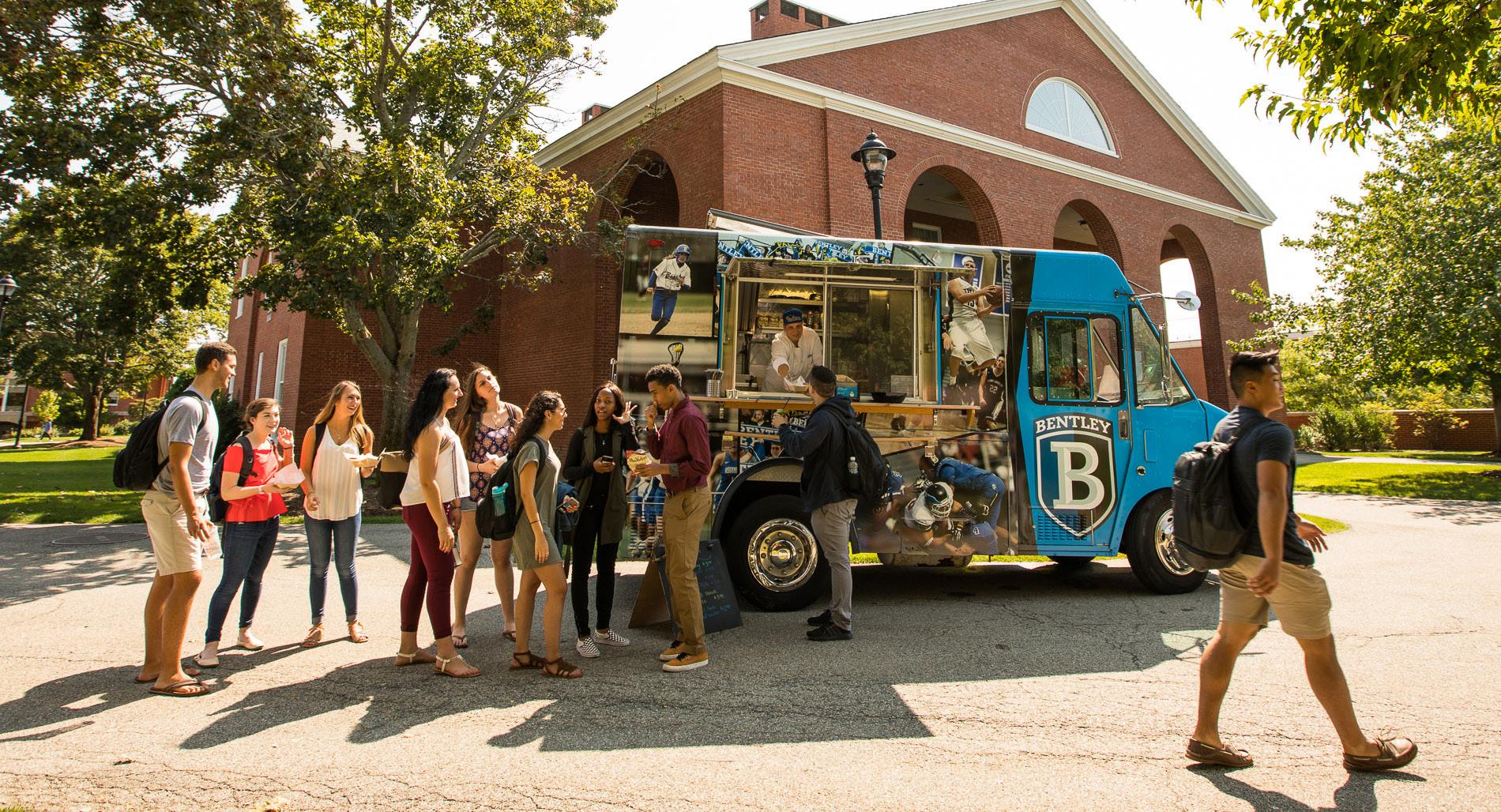Appendix Strategic Priorities and Action Steps The Racial Justice Task Force discussed and collected several ideas about ways to take action to impact the three strategic priorities we identified. We offer this collection of Suggested Action Steps here as examples of ways that the University can take action to make progress as an institution. Some of these actions could be accomplished relatively quickly by a small group of people while others would require substantial resources over a long period of time. We offer this list as a kind of mosaic, in hopes that it will inspire the kind of organic and pervasive participation that is required to move this work forward. We encourage the community to read through the suggestions below to discover ideas they can implement or adapt to respond to the priorities for investment in their areas of influence. To achieve our aspirations we must all find ways to make an impact.
Strategic Priority: Invest in Black, Indigenous and People of Color (BIPOC) Communities Aspiration Statement: A community and a culture that truly values, respects, and empowers BIPOC voices and contributions and understands that for the University to thrive it must actively work to uncover and remove structural barriers preventing the full, equitable, and authentic engagement and sense of belonging of BIPOC individuals. Areas for Investment Increase the representation and retention of BIPOC students, faculty and staff by acting to remove systemic barriers to access and success. Create safe spaces that affirm the identities and nurture the success of BIPOC communities on campus and add resources to support the mental health of BIPOC students. Add symbolic representations of race to the campus. (art, statues, building names, etc.). Expand the impact of our operations to support the development of BIPOC communities outside of Bentley. Suggested Action Steps Increase the enrollment of Black students at Bentley. Make the current test-optional policy for undergraduate admissions permanent and implement a similar test optional policy for graduate admissions. Enhance institutional support for BIPOC students (including additional resources focused on financial and emergency aid, mental health and wellness, career and academic advising, and graduate student support) Explore the creation of a dedicated safe space for BIPOC students on campus. Increase the imagery that represents people of color throughout the campus with the installation of artwork or sculptures produced by BIPOC artists. Dedicate additional funding to support faculty cluster hiring targeting scholars in critical race studies. Offer targeted professional development and mentoring opportunities that address the unique challenges BIPOC staff and faculty face in advancement in higher education. Develop stronger connections to our BIPOC alumni to increase opportunities for mentoring of current students and recruitment of potential students. Quantify and enhance the level of investments made with BIPOC organizations (supplier diversity, university financial investments). Increase racial diversity on all panels and among speakers and guest lecturers. Increase the number of undergraduate and graduate internship and employment opportunities at minority-owned companies. Ensure outside consultants retained in implementing or advancing the suggestions from the Racial Justice Task Force are individuals or firms created and led by BIPOC individuals. Create a land acknowledgment statement that recognizes and honors the Indigenous Peoples who are the original stewards of the land Bentley currently occupies.
28






